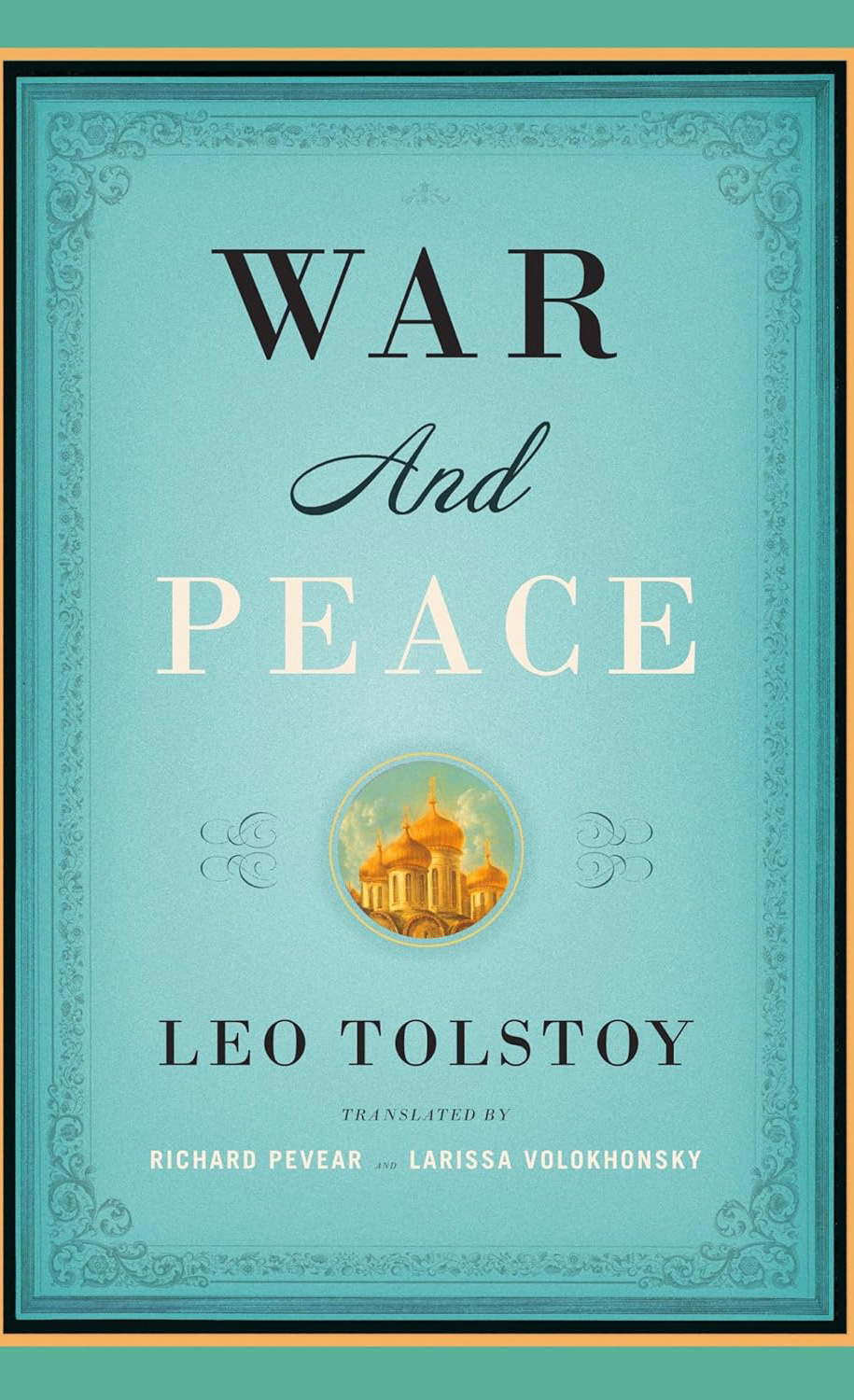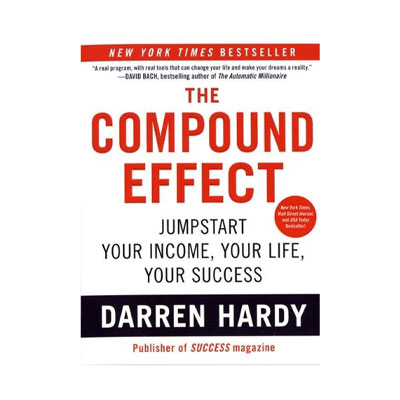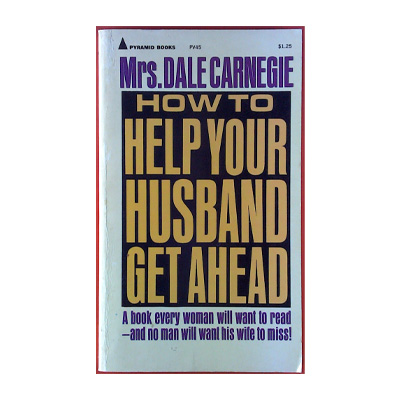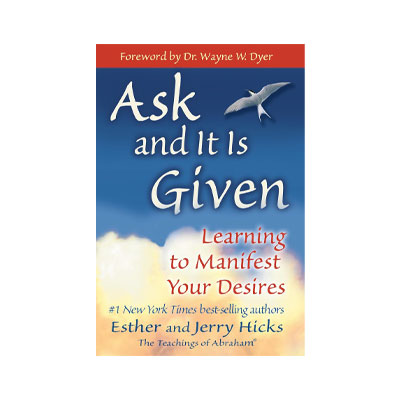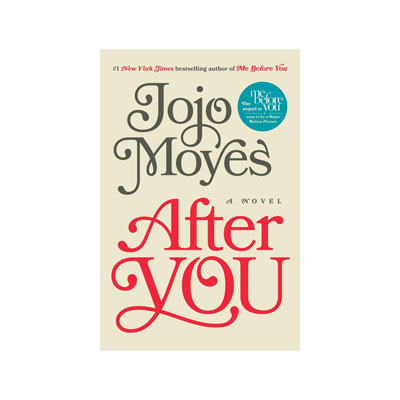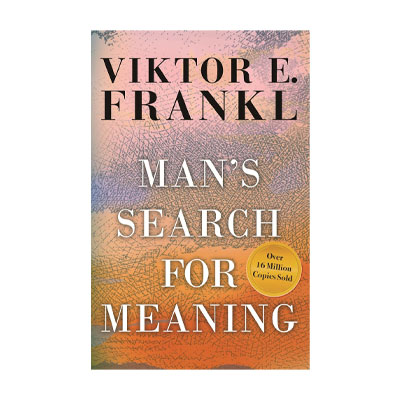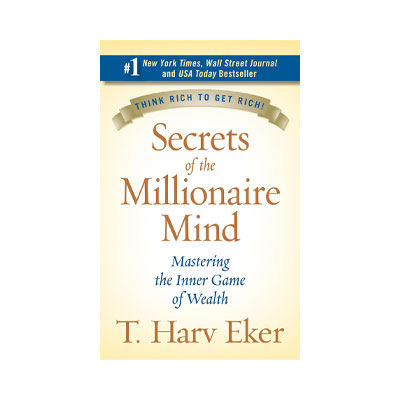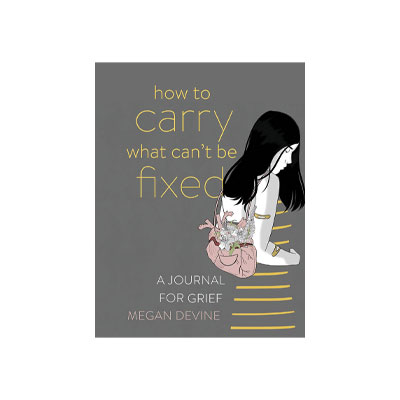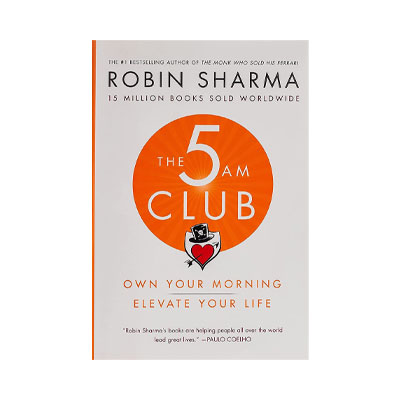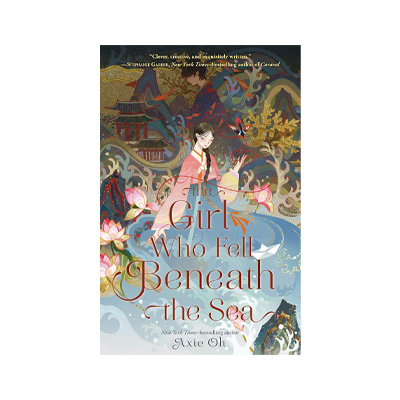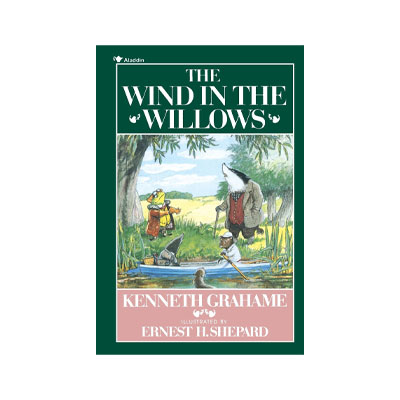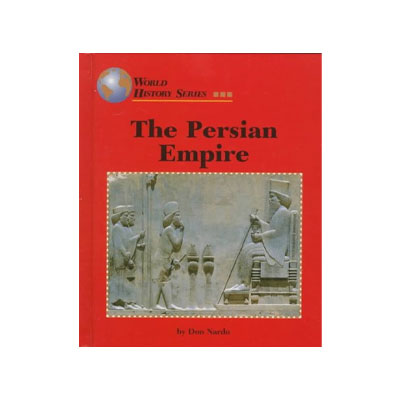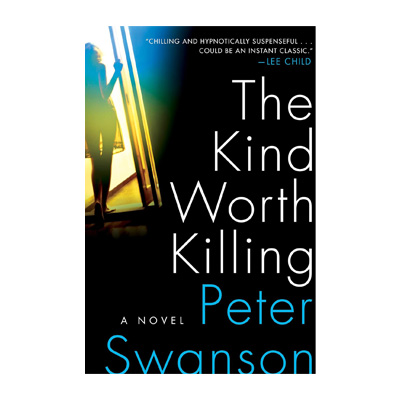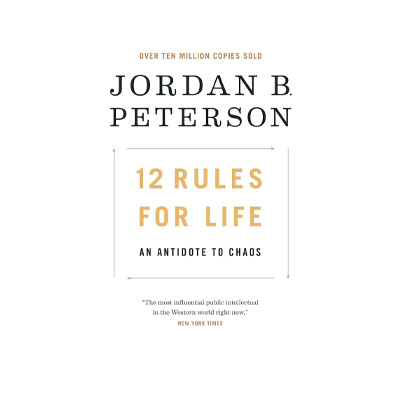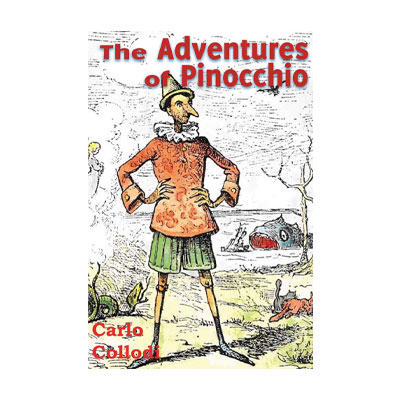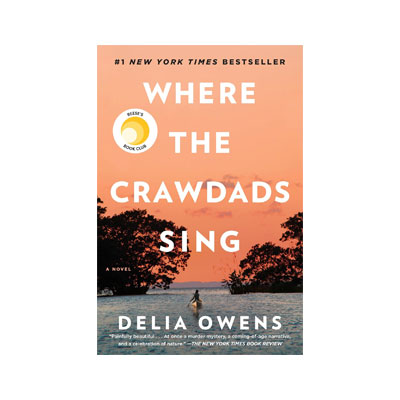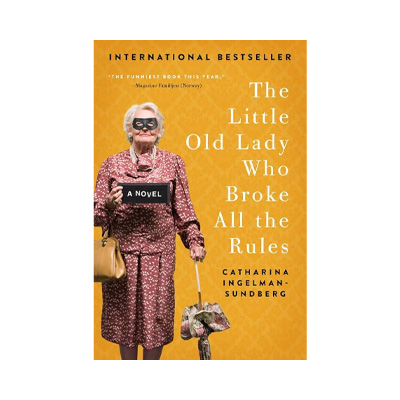Book Summary
"War and Peace" a remarkably beautiful work by Leo Tolstoy, is considered by many critics to be the most complete novel in history. The story of the book narrates a chapter of history while also educating the soul and psyche of humanity. It begins with a grand party attended by the aristocratic society of Russia at that time, where peace and tranquility reign. However, whispers of war are also present. Although the atmosphere during the party is filled with joy and celebration, some young people discuss Napoleon's ambitions for conquest and whether they would participate in a war if France were to invade Russia. Gradually, the reader becomes acquainted with the important and diverse characters in the story, as the narrative increasingly shifts towards war.
The Russian people, who have a strong desire to visit Paris and even send their children to study and live there, must prepare for the vital decision of defending their homeland against the French invasion. The presence of several hundred characters in the story makes it impossible to provide a brief description of all of them; however, we will introduce a few who play more significant roles than others. One of these characters is Natasha, the thirteen-year-old daughter of Count Rostov, who is very lively and undergoes notable changes throughout the events of the novel that require the reader's attention. Another character is Pierre, the illegitimate son of Count Bezukhof, who comes to St.
Petersburg from Moscow following his father's command and becomes involved in aristocratic circles. Having recently arrived from France, Pierre attracts attention due to the vast wealth he will inherit from his father. There is also Prince Andrei, whose serious intention to participate in the war plays a decisive role in the events of the story, and he engages in conversations with Pierre regarding the war. The simultaneous narration of history and a story within it, along with the perspective that one can still have hope and joy in life during wartime, along with other important points beautifully described by Tolstoy, makes "War and Peace" highly readable and should not be overlooked.
About the Author
Leo Tolstoy was a Russian author born on September 9, 1828. Although he was nominated multiple times for the Nobel Peace Prize and the Nobel Prize in Literature, he never received either. His parents were prominent figures in Russia with an ancient lineage, but he lost his father at two years old and his mother at nine, growing up under the care of his aunt. Tolstoy entered university to study law but soon abandoned it to pursue writing. Some of his notable works include "Anna Karenina," "Resurrection," "The Death of Ivan Ilyich," and "Two old men." Tolstoy passed away on November 20, 1910, at the Astapovo railway station.
Who Should Read the Book?
It is recommended for enthusiasts of historical and fictional literature, particularly classic novels penned by great authors, not to miss the opportunity to read this book.
Book Quotes
He believed that the source of all human faults is two things: idleness and belief in superstitions, and there are only two virtues: work and reason.
Prince Andrei said, "Yes, did you see him, this Bonaparte? What was he like? What is your impression of him?" Delgarukov, who seemed to be attached to the general conclusion he had drawn from his meeting with Napoleon, repeated, "Yes, I saw him and I became convinced that more than anything, he is terrified of a general confrontation. If he were not afraid of facing us, why did he request a meeting with the emperor? Why did he propose negotiations, and most importantly, why did he retreat? While retreating contradicts his method of waging war. Believe me, he fears a general confrontation; his hour of downfall has come—accept this from me."
Freedom, equality—these are all the sound of a drum whose disgrace has long been revealed. Who does not love freedom and equality? Our Savior himself taught freedom and equality. Do you think that after the revolution, people have become happier? On the contrary, it was we who wanted freedom, and Bonaparte destroyed it.
Confessing to a mistake requires more nobility than insisting on dragging a matter to a point where it can no longer be rectified."
No truth appears the same in the minds of two people.
It is evident that our destiny consists solely of enduring suffering.
Everyone lives according to their own perspective. You lived for yourself and say that there was little left for your life to be ruined, and you recognized happiness when you began to live for others. But my experience was just the opposite. My goal in life was to gain honor, but what is honor? It is the love for others, the desire to serve them for the pleasure of their praise.
They all strive, suffer, corrupt their lives and their eternal souls to obtain a blessing that lasts only a moment, and we not only know this meaning but also Christ, the Son of God, came to this earthly world and told us that this life is but a fleeting moment and is a test for us. Yet we cling to it tightly and believe that we will find happiness only in it.
Whoever participates in battle with firm resolve and confidence in victory is the one who prevails.
Every manager and governor during times of peace and away from turmoil believes that the wheel of life for the people whose affairs are entrusted to him turns solely by his force, and this awareness of his necessity is the greatest reward for his efforts and labors. It is clear that as long as the sea of history is calm, the ruler navigates with an unsteady boat tied to the ship of the mighty nation with a rope and believes that he himself is moving the great ship. But when a storm arises and the sea becomes turbulent, and the ship is tossed by waves, it becomes impossible to remain misled or captive to illusions.
When a person sees an animal dying, they are terrified because they perceive the decay of a living being as their own existence; they see a living being exiting the realm of being. But when it is a dying human being—especially one they care about—the feeling of disconnection adds to the horror of nothingness; it inflicts a spiritual wound that can sometimes be fatal and sometimes heals, but its place always remains painful and flees from any external physical contact that might provoke it.
No command can ever be issued on its own and independent of previous commands; it encompasses numerous successive events. Every command arises from another command and is never governing multiple events; it only pertains to a moment in time. For example, when we say that Napoleon commanded his army to go to war, we are merging commands that are extensive in time and dependent on one another into a single command issued at once.
Napoleon could not issue the command for war against Russia; indeed, he did not. One day he ordered those letters be sent to Vienna, Berlin, and Petersburg in such and such manner; another day he issued orders to land and naval forces that led to further commands related to events that resulted in the entry of the army into Russia.
In his heart he said: What is love? Love is the barrier against death. Love is life. Everything—whatever I understand—I understand only because I love. Everything exists solely because I love. Everything is connected by the thread of love.
